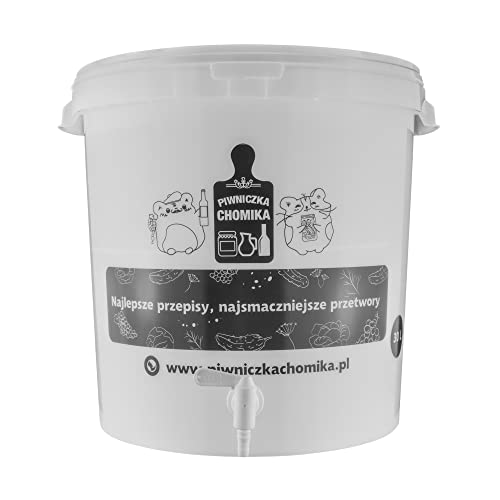GH Oatmeal Stout

Had a mate over yesterday to see how a brew is done. Great to see it from a newcomers eyes: the sweetness of the wort, like some kind of conjuring trick; the blast of aroma when the hops go in etc... I spared him the clean-up. Actually really helpful to have someone else's observations on the process and I'm now thinking of a few tweaks around using the pumps more rather than hoisting the kettle up and feeding under gravity.
I've not done stout before and definitely not mashed up at 67º. What with that and the 250g of rolled oats (I hope that the 'porage oats' from the kitchen cupboard was the right thing to use?) I was a bit concerned about the risk of a stuck mash. So I fed the water in from below and made it fairly wet (3.0 L/kg) but even so the sump was running a bit dry at the start. I throttled the pump and it was flowing fine after the first ten mins or so though.
I wasn't too sure about water treatment. I've read often enough that my local very hard water is well suited to stout. In the end I decided it was best not to change too many things at once and stuck with my normal regime: 50% RO, SMB, 50 mg/l CaCl, 4ml lactic in the mash and 10ml CRS in the sparge.
Grain bill (kg): 4.15 MO, 0.2 crystal 180, 0.16 choc, 0.07 roasted barley (EBC 1600 - yikes).. and a quarter of a box of what can only be described as breakfast cereal.
Hops: 34g challenger at 70, 16g challenger + 16g Goldings at flameout.
Got 26.5L into the kettle at 1.043 and took 20L into the FV at 1.049 (refrac), leaving about 3L of trub in there.
I've recently started chilling in the kettle by pumping through the counterflow, and now I can see the cold break I've become more cagey about taking it across into the FV. The jury is still out for me as to whether it makes much of a difference.
Pitched it about 5pm with S-04 which is a bit of an experiment. I love using liquid yeasts but they do cost an arm and a leg and I don't think this brew is going to be particularly short on character. Fermentation clearly underway this morning: gotta love S-04



Last edited:











































